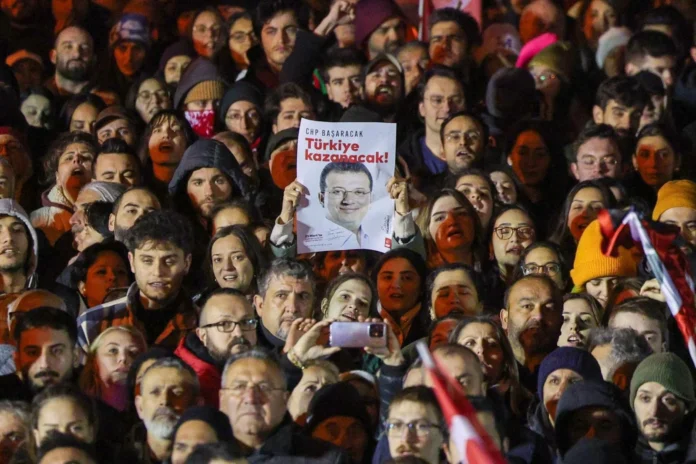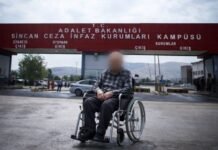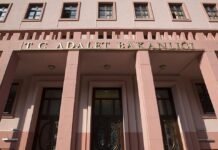Two recent decisions by the Immigration and Refugee Board of Canada (IRB) have recognized membership and support for Turkey’s main opposition Republican People’s Party (CHP) as grounds for asylum, citing credible risks of persecution based on political opinion, Turkish Minute reported on Monday.
In two separate rulings issued in July, the IRB’s Refugee Protection Division accepted the asylum claims of Turkish nationals who were CHP members or supporters amid an ongoing crackdown on the party for over a year.
The decisions mark a shift in how Canadian authorities assess the risk faced by opposition supporters in Turkey, where counterterrorism laws have been extensively used against critics of President Recep Tayyip Erdoğan’s Justice and Development Party (AKP) government.
In the first case IRB member Tyler Hammond granted asylum to a Turkish family identified only by the initials E.Y., N.K.Y. and A.K.Y. on July 17, recognizing their support for the CHP as a political opinion–based risk of persecution.
The decision cited records showing that E.Y. joined an anti-government protest in 2013 and that E.Y. and N.K.Y. were detained in 2023 while serving as election observers.
The family also attended a protest in Canada against the jailing of İstanbul Mayor Ekrem İmamoğlu. The IRB deemed support letters, photos from CHP events and social media posts credible evidence of ongoing political engagement.
Quoting excerpts from the IRB’s reasoning, Kısa Dalga reported that the panel found Turkey’s broad use of counterterrorism laws since 2016 to silence government critics had effectively eroded the rule of law, that the CHP functions as the country’s strongest voice of opposition and that its supporters face a heightened risk of arbitrary detention and mistreatment.
The board concluded the family would likely face persecution anywhere in Turkey if returned, noting that their fear was based on political opinion rather than isolated acts of activism.
The second ruling, issued on July 21, by IRB member Mary Lipton, granted asylum to a Turkish national identified only as M.A.T., citing the combined impact of his CHP membership, Kurdish identity and Alevi background as grounds for political persecution.
According to Kısa Dalga, M.A.T. had been a CHP member since 2010, took part in party campaigns and protests and was detained twice, first in 2019 while observing elections and again in March 2023 after attending Nevruz celebrations. He was later fired from his job and physically attacked while distributing CHP brochures.
The IRB noted systemic discrimination against Alevis and Kurds, the broad use of counterterrorism laws to silence dissent and arbitrary detentions during protests and elections.
The decision also referenced the US State Department’s 2023 Country Reports on Human Rights Practices, which said political affiliations listed on the e-Devlet (e-state) system, Turkey’s official online government portal, can lead to workplace discrimination against CHP members.
The panel concluded that given his prior detentions and continued political involvement, M.A.T. would face persecution for his political opinion if returned to Turkey.
The rulings represent a significant precedent in Canadian refugee law, as earlier CHP-based claims were often rejected on the grounds that members of Turkey’s main opposition were not specifically targeted.
The decisions come amid what the CHP calls a “judicial coup” following its sweeping victory in the March 2024 local elections.
In an October report titled “Judiciary Against the Ballot Box: The Anatomy of a Coup,” the party said 16 CHP mayors remain in jail and 13 municipalities have been taken over by government-appointed trustees.
The report documents hundreds of arrests of opposition mayors and officials on corruption or terrorism-related charges, claiming that the government has turned the judiciary into a political weapon to reverse its electoral losses.
One of the most prominent figures caught up in the crackdown is İstanbul Mayor İmamoğlu, the CHP’s 2028 presidential candidate, who was arrested in March on corruption charges after his official nomination, in a move that triggered nationwide protests.
The Turkish government has not commented on the Canadian decisions but has previously rejected similar accusations as politically motivated.















